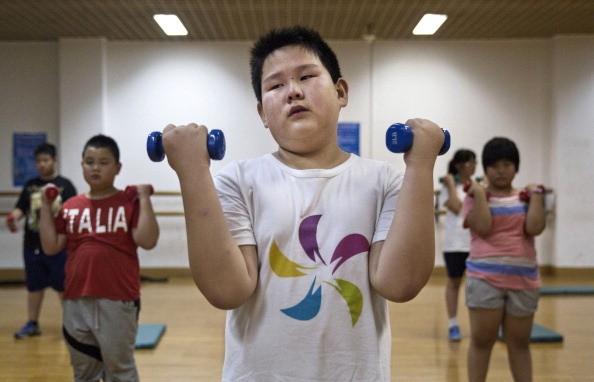
The causes of child obesity have been studied and analyzed throughout the years, with genetics, poverty and limited access to health foods making it onto the list, according to the news outlet The Star.
A new study published in the journal Preventive Medicine suggests that parenting style can also affect a child’s weight and health, according to Tech Times.
“[C]ertain types of parenting would be associated with a higher risk of childhood obesity… the strength of this association would differ between children living in poverty and those who aren’t,” said lead author Lisa Kakinami, math and statistics assistant professor at Concordia University in Montreal.
The research is reportedly based on a Statistics Canada national survey of more than 37,000 Canadian youth from 1994 to 2008. The study reportedly uses parenting styles that are already established, including authoritarian, authoritative, permissive and negligent.
Authoritarian: Parents who are demanding but not responsive.
Authoritative: Parents who are demanding but responsive to their children.
Permissive: Parents who are responsive but not demanding.
Negligent: Parents who are neither responsive nor demanding.
Results of the study reportedly showed that preschool and school-level kids born to authoritarian parents were 35 to 41 percent more likely to be obese than those with authoritative ones. There was reportedly a 44 percent and 26 percent increased obesity risk among children with authoritarian and negligent parents.
“Authoritarian parenting may translate to parents not responding to children's cues of hunger and/or feeling full, and demanding or controlling the child's energy intake,” explained Kakinami.
This specific parenting style can reportedly lead to poor eating regulation and greater tendency to overindulge in the affected kids.
Providing food and letting kids decide when and how much to eat is important, according to Geoff Ball, an associate professor in the University of Alberta’s department of pediatrics.
“One of the take-home messages is the parenting style that’s less associated with obesity is one referred to as ‘authoritative,’ ” Ball said.
“Parents are responsive to their children’s hunger and their cues, not ignoring them.”

